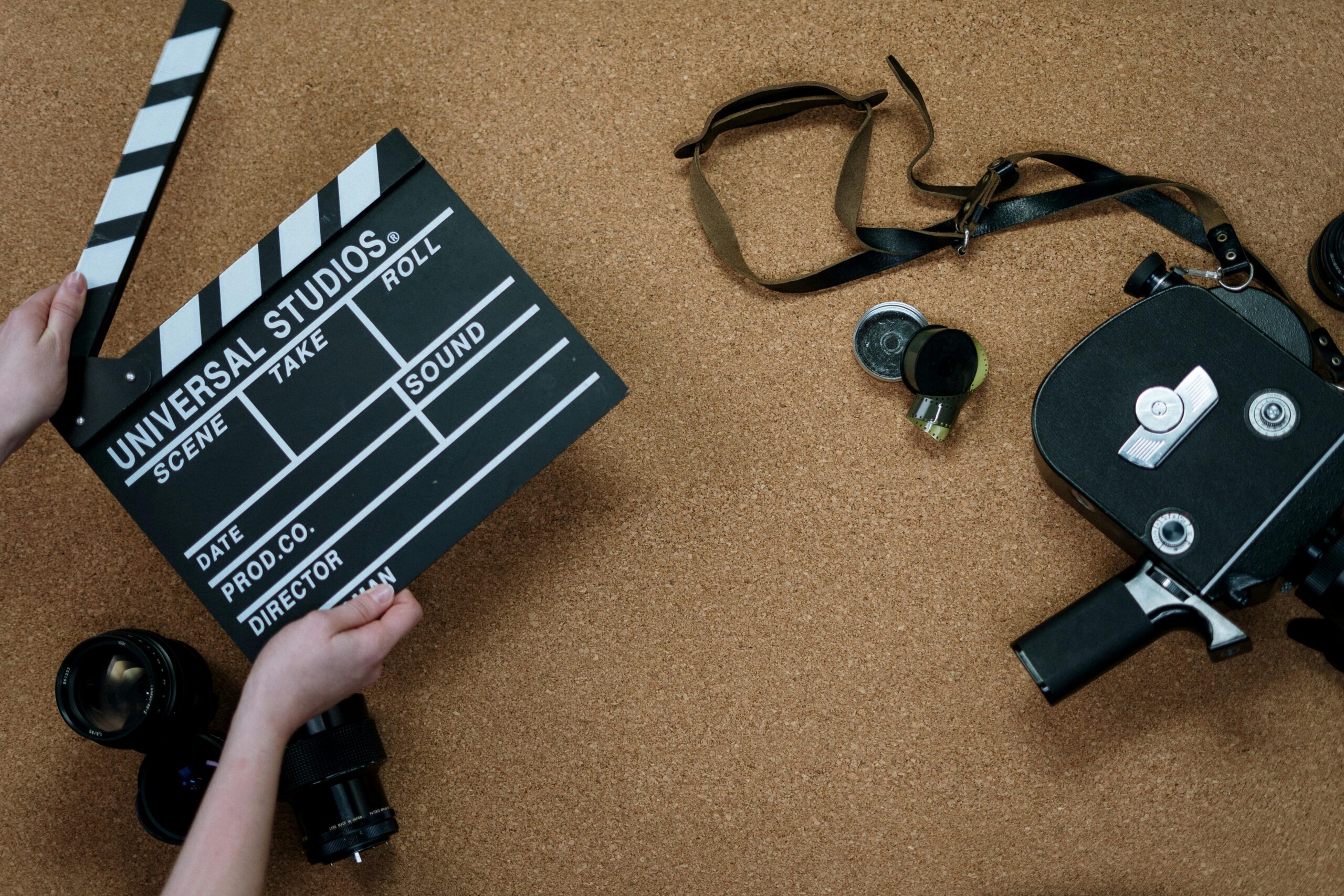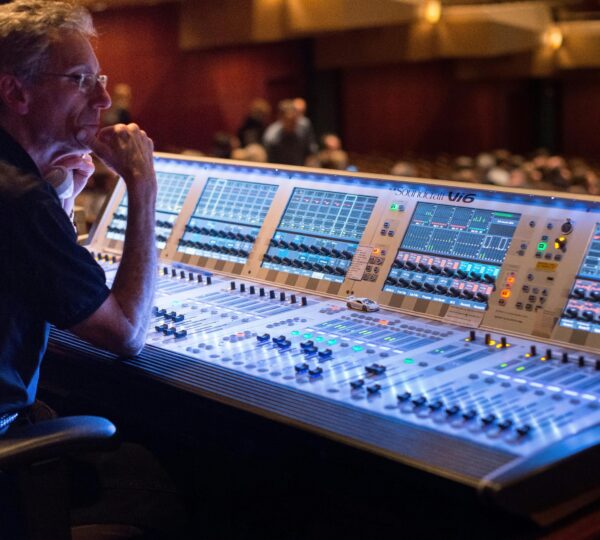
How AI is Changing the Entertainment Industry
How AI is Changing the Entertainment Industry
Do you remember the action scenes in Avengers: Endgame? Many of those awe-inspiring stunts weren’t performed by actors but were crafted using AI-driven CGI. AI seamlessly blended real actors with digital doubles, creating stunning moments that leave audiences questioning reality. Now, imagine that same technology picking the perfect soundtrack for your favorite video game, predicting the next hit song, or even suggesting personalized content that matches your unique taste.
That’s not science fiction. This is how AI is quietly but significantly transforming the entertainment industry. From Hollywood to Spotify, AI is reshaping the way content is created, distributed, and consumed. Let’s take a deeper look into how AI is playing a pivotal role in revolutionizing this sector.
1. AI in Content Creation: From CGI to Scriptwriting
One of the most fascinating areas where AI is making an impact is in content creation. Movies, TV shows, and even video games increasingly rely on AI to enhance the visual experience.
a. AI in CGI (Computer-Generated Imagery)
AI plays a crucial role in creating hyper-realistic CGI. Modern films rely on AI-powered algorithms to render special effects that mimic natural phenomena like water, fire, and even human expressions. For example, Disney uses AI and machine learning to enhance visual effects in movies like The Lion King (2019) and Avengers: Endgame. These systems make it possible to generate realistic environments and lifelike characters at a fraction of the time it used to take.
b. AI-Assisted Scriptwriting
AI is also beginning to influence scriptwriting. Companies like ScriptBook are leveraging AI to predict the success of movie scripts by analyzing plot structures, themes, and even dialogue . This allows studios to invest in projects that are more likely to resonate with audiences, reducing financial risk. Some writers even use AI tools like OpenAI’s GPT models to assist in drafting storylines, giving a new meaning to “co-writer.”
2. AI and Personalized Recommendations: The Power of Data
AI’s influence is perhaps most visible in the realm of personalized content recommendations. Streaming platforms like Netflix, Spotify, and YouTube have adopted machine learning algorithms that analyze user data to suggest content that aligns with individual preferences.
a. Netflix’s Recommendation Engine
Netflix’s recommendation system accounts for nearly 80% of its users’ viewing activity. Using AI-driven algorithms, the platform analyzes viewing habits, search history, and even the time of day to recommend shows and movies you’re likely to enjoy . This personalized approach not only improves user experience but also increases viewership and retention rates.
b. Spotify and AI in Music
Similarly, Spotify uses AI to curate personalized playlists like Discover Weeky, which introduces users to new songs based on their listening history. The platform’s AI algorithms analyze tempo, genre, and even lyrics to suggest tracks that fit the user’s taste, making music discovery easier than ever before .
This AI-driven personalization has become essential for audience engagement, helping entertainment platforms stand out in a crowded market.
3. AI in Animation and Gaming: Revolutionizing Interactive Entertainment
a. AI in Animation
AI is making animation faster and more efficient by automating labor-intensive processes. Disney Research has developed AI that can enhance facial animation by learning from actors’ performances, speeding up the rendering process . This technology is paving the way for more lifelike animated characters, blending realism with artistry.
b. AI in Video Game Development
The gaming industry is also harnessing AI to create more immersive and interactive experiences. Game developers use AI algorithms to create intelligent Non-Player Characters (NPCs) that adapt to the player’s actions, making the gaming experience more dynamic and challenging.
Take the hit video game The Last of Us Part II. The AI used in the game allows NPCs to react in real-time to player choices, creating a more engaging and unpredictable storyline .
4. AI in Marketing and Distribution: Optimizing Audience Engagement
AI isn’t just changing how content is created—it’s also revolutionizing how it’s marketed and distributed.
a. AI in Marketing Campaigns
AI helps entertainment companies optimize marketing campaigns by analyzing data to determine which strategies work best for particular demographics. For example, Warner Bros used AI tools from Cinelytic to decide how to market the 2019 film The Mule, analyzing factors like audience sentiment, star power, and release timing . The AI provided insights that helped shape a successful marketing campaign for the film.
b. Predictive Analytics in Film Distribution
By analyzing past box office performances, AI is now being used to predict the success of upcoming films. Studios can use predictive analytics to decide release dates, target audiences, and even which theaters should show the movie first. This allows for more precise distribution strategies that maximize profits.
5. Ethical Concerns and Challenges: A Double-Edged Sword
While AI offers countless benefits to the entertainment industry, it also raises ethical concerns. One of the key issues is the fear of AI replacing human jobs, particularly in areas like scriptwriting, animation, and music production.
a. The Future of Creativity
AI may assist in creating content, but can it replace human creativity? Many experts believe that while AI can generate patterns and follow formulas, it lacks the emotional intelligence required for true creative storytelling. Jaron Lanier, a computer scientist and author, argues that AI tools are “assistive” rather than replacement technologies, meaning human input is still invaluable in the creative process .
b. Data Privacy and AI
AI’s reliance on user data for personalized recommendations also raises privacy concerns. Entertainment platforms must tread carefully to ensure that their use of AI respects user privacy while delivering a personalized experience. Regulations like GDPR in Europe are pushing companies to be more transparent about how they use AI and user data.
6. The Future: AI and the Metaverse
As we look toward the future, AI’s role in the entertainment industry is set to grow, especially with the rise of the Metaverse. Companies like Meta (formerly Facebook) are heavily investing in AI technologies to create immersive virtual worlds where users can interact, create, and experience entertainment in entirely new ways .
AI will likely power everything from virtual concerts to interactive storytelling experiences, allowing users to not only consume content but also shape it in real time.
Conclusion:
AI is undeniably reshaping the entertainment industry, from behind-the-scenes production to personalized user experiences. As AI continues to evolve, it will bring about even more revolutionary changes, making entertainment more immersive, interactive, and personalized than ever before. However, the human touch will always remain an essential part of the creative process, ensuring that entertainment retains its emotional and artistic depth.
The future of entertainment, powered by AI, is exciting and limitless. Whether you’re a movie buff, gamer, or music lover, AI is already transforming how you engage with your favorite forms of entertainment.













